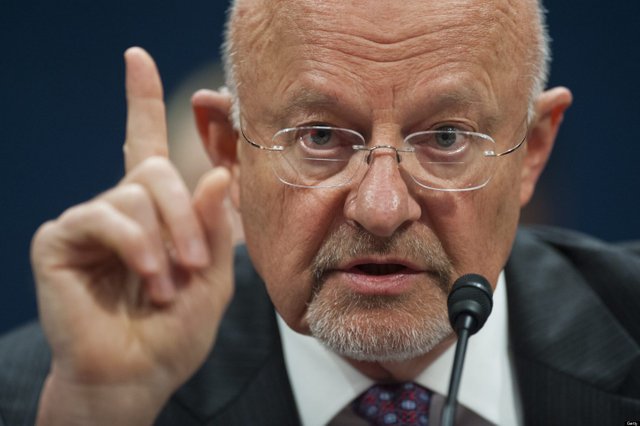Snowden: A Movie And A Reality
Yesterday I was fortunate enough to spend my evening watching Oliver Stones’ new film, Snowden. In what can only be described as a masterpiece of storytelling, Kieran Fitzgerald’s new partnership with Stone stars Joseph Gordon-Levitt as Edward Snowden in his epic journey through US national intelligence, cybercrime, and cyberterrorism. Filled with vivid imagery and masterful graphics illustrating the ever-increasing interconnectedness of our internet-enabled globe, the film sinks us to the depths of power overstepping its boundaries and floats us to the peaks of moral courage in the face of an indiscreet mass-surveillance world state of affairs constructed industriously after the attacks of September 11th, 2001.
he intelligence business is no easy occupation, nor is it a straightforward enterprise, and it comes with all the modern hazards one can expect from cyber-trailing missiles launched through optical fibers that encircle our globe. Billions are spent each year to maintain a complicated apparatus of intelligence agencies, government bureaucracies, and state contractors bided in the infamous war against terror. Already one can see a history of cyberterrorism, maintained as a NATO website, declaring this war not simply current but already with its own past, its own complexities and intricacies, and its own unique stakes. As Snowden was briefed by his mentor, the modern battlefield is everywhere and every declaration of information accumulates to ever-increasing surrenders of a warrior’s position, already enmeshed in battle and with huge gains to lose. Indeed, cyberterrorists operate all across our world and mass wars are being waged in busy and bustling metropolis that are otherwise at a never-before seen age of comfort, peace, trade and progress – social, economic, technological as well as political.
“Let Section 215 of the Patriot Act expire, just don’t blame us when another terrorist attack happens.” This was uttered by James Clapper, then US Director of National Intelligence, back in 2015, when the named provision that allows the FBI and the NSA to scoop up mass telephone records from American accounts was questioned for its necessity. How different is this from a warning seen in perhaps the most-remembered sequence of the movie, when new conscripts to NSA, while undertaking code-building exercises, were being briefed by their lecturer: “if another 9/11 happens, we are to blame!”? Without a doubt the caution prevailing from this logic is that it costs too much not to operate a mass surveillance intelligence program, while the potential aversions from disaster that can be accumulated are too much to even debate.

James Clapper, Ex-Director of National Intelligence. Image via SAUL LOEB/AFP/Getty Images
Or are they? In the film, Snowden is seen battling with ever-increasing overstepping of power in the arena of intelligence gathering. For one, we can clearly see that more information is gathered on Americans than all of the rest of the world’s population combined. On another level, it is also understood that the American intelligence apparatus commands unprecedented negotiating power over its foes and allies due to extraordinary informational leverage gathered from spying global leaders of politics and business. In this manner, through a flagrant and full-fledged power-battle, the modern era of war is slowly turning from gunpowder to information stardust, in its full capacity as bits and digits erecting some of the biggest dangers humanity has ever faced. One such danger is the possibility of a mass blackout attack to modern infrastructure, paralyzing tens of millions in modern industrial states. This is not at all far from being possible, since modern infrastructure is increasingly being digitally interconnected and controlled remotely from decision-centers thousands of miles away from operating assets and facilities. A US-based hijacker, in the form of an intelligence agency, or a rogue nation with unscrupulous hackers, can have the same deadly result: suffering, chaos, and complete disorder.
The modern battlefield is as horrific as ever. It just so happens that it is not visible to us Westerners. With our very own eyes, we can only see some damage being carried out in current warzones across the Middle East, with a long history of American involvement preceding it, and Africa – from Genocide to outright total catastrophe in the counting. Yet what we cannot see escapes our attention completely: the internet is no more an area to spend our free time and do business as it is an arena for waging complete and utter digital war. The roles, however, are not clear?. Who do we have on either side? On the one hand, it is intelligence gathering and defense; on the other, it is a cast of people trying to terrorize using information to break down digital safe-locks.
What happens when the two come together, when the two collide, when they become blurred and unrecognized? Following Snowden is an excellent way to grasp these contests and debate them across places, times, and situations. I suggest watching this film with all the interest you can gather, it will most certainly not be forgotten!
Visit http://www.globewires.com for more of this!